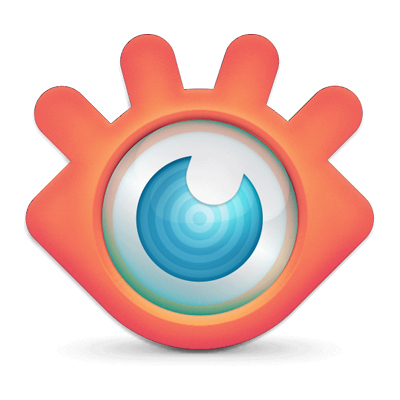If you are a professional photographer or work with medical imaging systems, you may often come across the need to convert NEF (Nikon Electronic Format) files to DCM (Digital Imaging and Communications in Medicine) files. NEF files are raw image files created by Nikon cameras that contain all of the image data captured by the camera's sensor. DCM files, on the other hand, are commonly used in the field of medical imaging to store and exchange medical images, such as X-rays and MRI scans. Converting NEF to DCM files can be useful in various scenarios. For photographers, it allows them to seamlessly integrate their Nikon camera shots into medical imaging software or workflows. This can be particularly valuable when collaborating with medical professionals or conducting research involving medical images. Additionally, converting NEF to DCM files can also be beneficial for individuals involved in medical imaging, such as radiographers or healthcare providers, who need to incorporate images captured by Nikon cameras into their systems or software. Our website offers a wide range of converters that can efficiently and accurately convert NEF files to DCM files. Whether you prefer online converters that allow instant conversion or software-based converters that provide more advanced features, we have options to suit your needs. Some of these converters are free to use, while others may require a premium subscription for access to additional features.










NEF files are a proprietary file format created by Nikon, a renowned manufacturer of cameras and optical equipment. NEF stands for Nikon Electronic Format and is specifically designed to store raw image data captured by Nikon cameras. Unlike other image formats like JPEG or TIFF, NEF files are uncompressed and contain all the original data captured by the camera's image sensor, making them highly versatile for professional photographers and digital imaging enthusiasts.
DCM files, also known as Digital Imaging and Communications in Medicine files, are a common file format used in the field of medical imaging. These files store medical images such as X-rays, CT scans, and MRI scans, and are widely used in hospitals, clinics, and research institutes. DCM files are specifically designed to be universally compatible across different medical imaging devices and software programs, ensuring that medical professionals can easily access and share patient images and data. This standardized format allows for seamless integration and collaboration between different healthcare providers and facilitates accurate diagnoses and treatment planning. By converting DCM files into other formats, such as JPEG or PNG, users can easily view, share, and analyze medical images using commonly available image viewing software or online platforms.